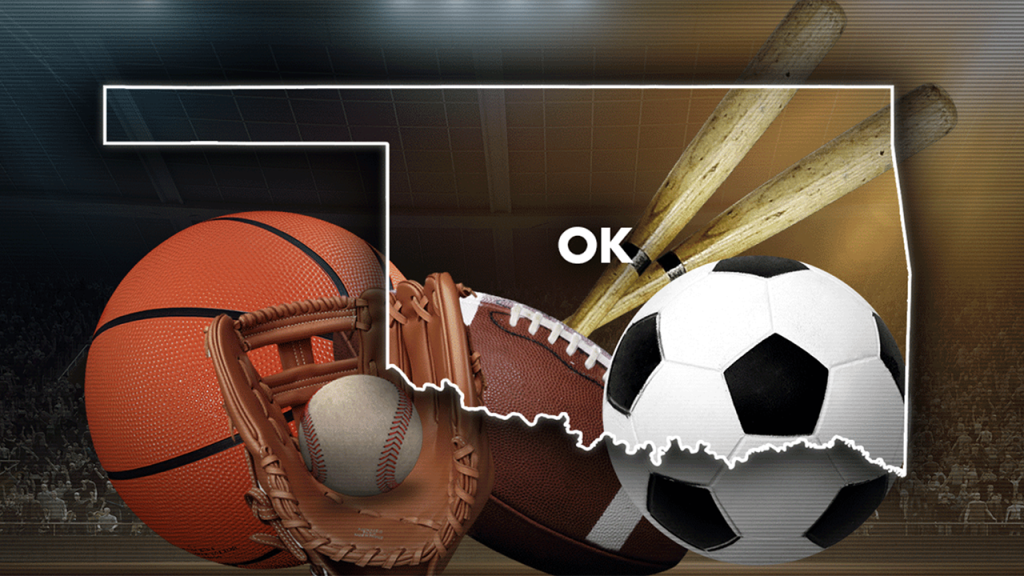The intense rivalry of a high school basketball game in Oklahoma was momentarily eclipsed by a life-altering event that transcended the boundaries of competition. On January 9th, during a match between Dover High School and Life Christian Academy, 16-year-old Randy Vitales of Dover High collapsed on the court, suffering a sudden cardiac arrest. In this critical moment, an unlikely hero emerged from the opposing team: Magnus Miller, an 18-year-old player from Life Christian Academy, who swiftly put aside the competition and sprang into action, ultimately saving Vitales’ life.
Miller’s lifeguard training and experience with using an automated external defibrillator (AED) proved invaluable. Without hesitation, he assessed the situation and recognized the gravity of Vitales’ condition. While coaches from Dover High School confirmed the absence of a pulse, Miller remained calm and collected. He immediately began administering CPR and utilized the AED to restore Vitales’ heartbeat. His quick thinking and decisive actions were instrumental in stabilizing Vitales until paramedics arrived at the scene.
The Guthrie Fire Department acknowledged Miller’s heroic efforts, unequivocally stating that his actions saved Vitales’ life. Miller, however, humbly attributed his actions to a higher power, stating that it wasn’t solely him but God working through him. This sentiment underscores the extraordinary circumstances of the event, highlighting the intersection of human intervention and divine providence. He acknowledged the surreal nature of being labeled a lifesaver, admitting it felt strange to hear such praise, but maintained his focus on the fortunate outcome of the event.
Vitales was immediately transported to a hospital in Oklahoma City, where he was admitted to the intensive care unit (ICU). Doctors later confirmed that the cardiac arrest was caused by an abnormal heartbeat. Dover Public Schools released a statement on the day of the incident, confirming Vitales’ condition and praising the quick response of the coaches present, whose training likely contributed to saving his life. The school also provided counseling and spiritual support for students upon their return from the game, recognizing the emotional impact of witnessing such a traumatic event.
Following the initial incident, Vitales’ condition steadily improved. By January 11th, reports confirmed that he was breathing on his own, no longer requiring the assistance of a ventilator. This marked a significant step in his recovery and offered a beacon of hope for his family, friends, and the wider community. The incident served as a potent reminder of the fragility of life and the importance of quick, decisive action in emergencies.
The story of Magnus Miller and Randy Vitales transcends the typical narrative of a high school basketball game. It’s a story of courage under pressure, selfless action, and the unwavering spirit of humanity. Miller’s willingness to step outside the competitive arena and prioritize the well-being of another, even an opponent, exemplifies the highest ideals of sportsmanship and human compassion. His actions also underscore the critical importance of first aid training and access to life-saving equipment like AEDs. The incident serves as a powerful reminder that even in the heat of competition, humanity and compassion must always prevail. It is a testament to the potential for good that exists within individuals, waiting to be unleashed in moments of crisis.

